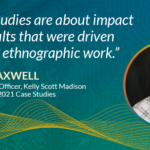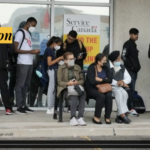
Intelligences
How a Government Organisation Evolved to Embrace Ethnographic Methods for Service (and Team) Resilience: The Case of the Canadian Digital Service
Dhanabir Sharma • 0 Comments


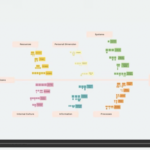

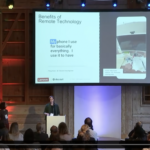
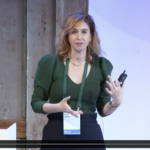
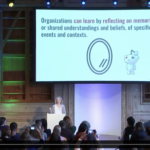
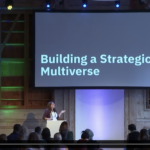
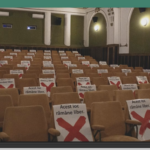
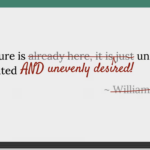

Adobe Inc. [s2If is_user_logged_in()] DOWNLOAD PDF [/s2If] [s2If current_user_can(access_s2member_level1)] [/s2If] Applied ethnography practitioners are often charged with learning from existing or potential customers, for a product that is either familiar to them or close in nature to what they have used before. There are particular challenges for emerging technologies, where the market is much less…




